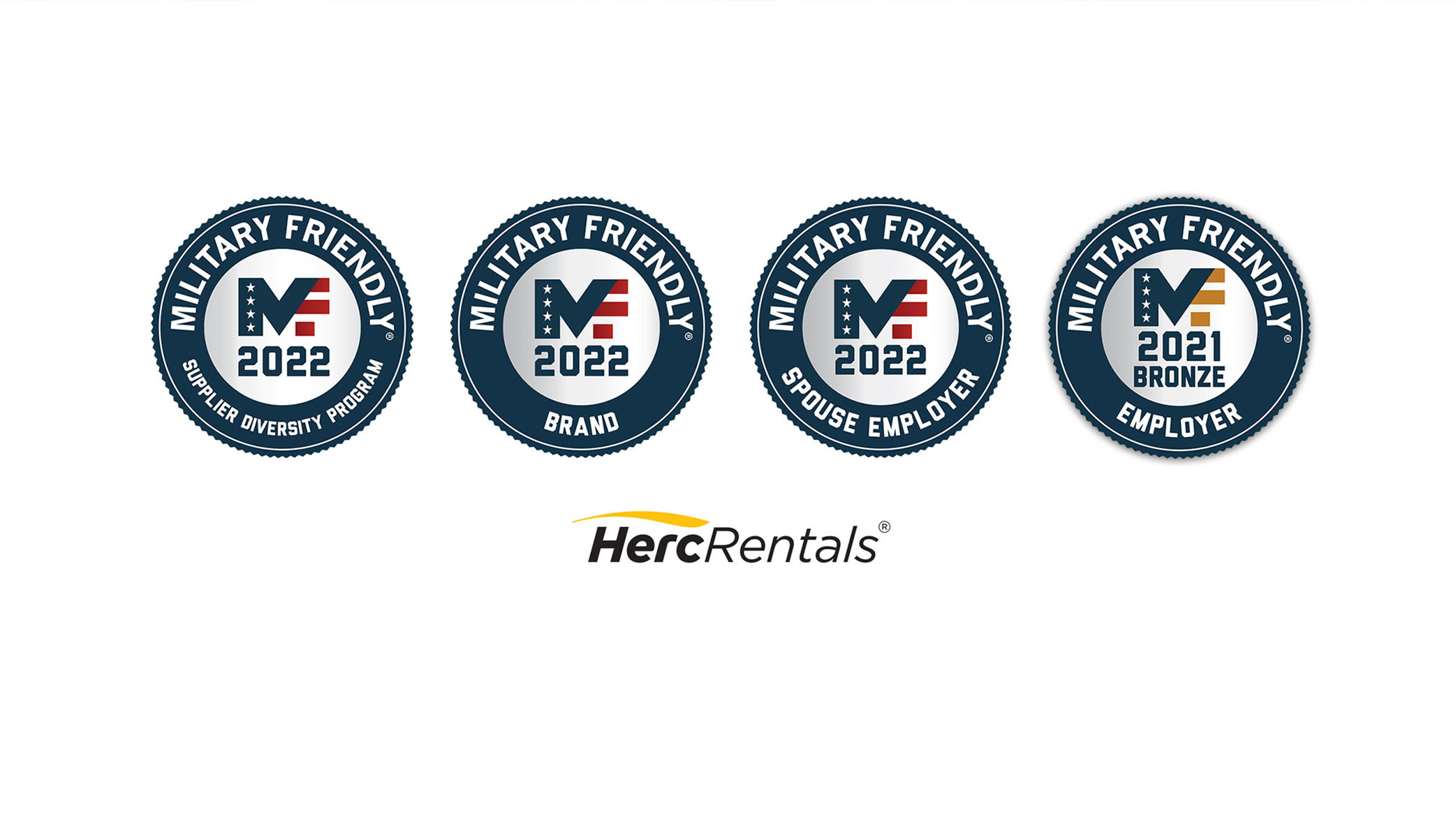It’s no secret a motivated team leads to increased production, but how do you do that in labor-intensive industries such as construction or manufacturing?
While the latest tools, equipment, and technology continue to push productivity to the limit, influential leaders have shown employing age-old motivational strategies can increase productivity even more.
Whether working in construction or any other field where deadlines must be met to remain on a budget, productivity is vital for any project’s success. Worker errors and a slow pace are how deadlines are missed, budgets burst, and costs rise. Being a good leader, however, requires more than just watching the bottom line. It also requires attention to your team’s overall welfare.
What follows are some tips effective leaders use to motivate their team to produce exceptional work efficiently.
Know Your Team
Successful motivational leaders understand what makes people tick. To understand that, you have to know your team. Once you do, you can then use that information to motivate them to accomplish their goals.
So how do you obtain that information? Be enthusiastic and creative: Eat breakfast or lunch together, provide a free snack and coffee break room, start a softball team or enter a bowling league, and engage your team members. Find out their interests, backgrounds, life experiences as well as personal and career goals and make an effort to share your personal information.
Remember, no two people are exactly alike, and what motivates you may not motivate others. A leader’s primary goal is to help their team reach their goals while simultaneously striving to achieve yours.
Recognize and Appreciate Achievements
One of the easiest, least time-consuming, and most affordable ways to increase your team’s productivity is recognizing and demonstrating an appreciation for their hard work. It doesn’t take a lot of time or effort to say “good job” to a team member who completed a task ahead of schedule or went above and beyond to get the job done. Effective leaders understand people need and want feedback and positive reinforcement for their efforts.
While raises and promotions are a big bonus for deserving team members, monetary rewards are not always feasible. When they’re not, acknowledging hard-working team members through “Employee of the Month” programs or a simple “Top Dog” of the day kind of recognition will not only make that employee feel valued but also boost morale among others in the crew who will see you as an effective leader that respects and honors hard work. (Pro tip: The best leaders keep track of these daily, weekly, and monthly honors. At the end of the year, a team member who collects the most, wins a nice prize and the title of “Employee of the Year.”)
Cash and Prizes
Rewards such as bonuses, raises, and gifts are also effective motivational tools. If team members see a teammate be rewarded for going above and beyond what’s required, you can bet others will want the same. Additionally, they’ll also see a leader who is plugged into the project, the work at hand, and accomplishments achieved.
Relax and Hear Them Out
Do you have a place where your team can unwind a bit? If so, consider staging a series of short roundtable meetings with different teams before or after work. By providing them with a comfortable space and some free coffee, donuts, or pizza, you can make the meeting an informal way to see how they’re doing as individuals, what needs improvement on the job, and more. This simple effort shows you value their opinions and will boost their desire to deliver better work.
Show Empathy and Understanding
Team members work harder for organizations that care about their wellbeing. The best leaders understand life goes on off the job site, and sometimes emergencies like tending to a sick child or running an important errand needs to take precedent over the work at hand. Empathize with them by letting them clock out early or take a day off with the understanding that time lost can be made up later.
Specify Goals and Set Clear Expectations
Before a project begins, the best leaders will inform their team of their tasks and goals. Take some extra time to discuss these goals before you get started. This promotes ownership in the accomplishment of a goal while simultaneously preventing poor performance.
A good leader never assumes people will automatically understand what you want them to do. Your team needs to know exactly what you want them to do and, ultimately, what you want them to achieve. Make sure your direction is specific with clear targets, tell them what’s expected as well as the consequences for failing to achieve desired results.
Watch Them Grow
Does your company provide the training your team needs to take the next step in their career? Good leaders support their team members’ efforts to learn new skills by providing onsite training programs, whether it’s for another position in the company, for a new piece of equipment, or a task. By showing you support your team’s efforts to learn and improve their lives, they will inevitably work harder and be more productive to get to where they want to go.
For information about Herc Rentals or starting a career in the equipment rental industry, click HERE.


